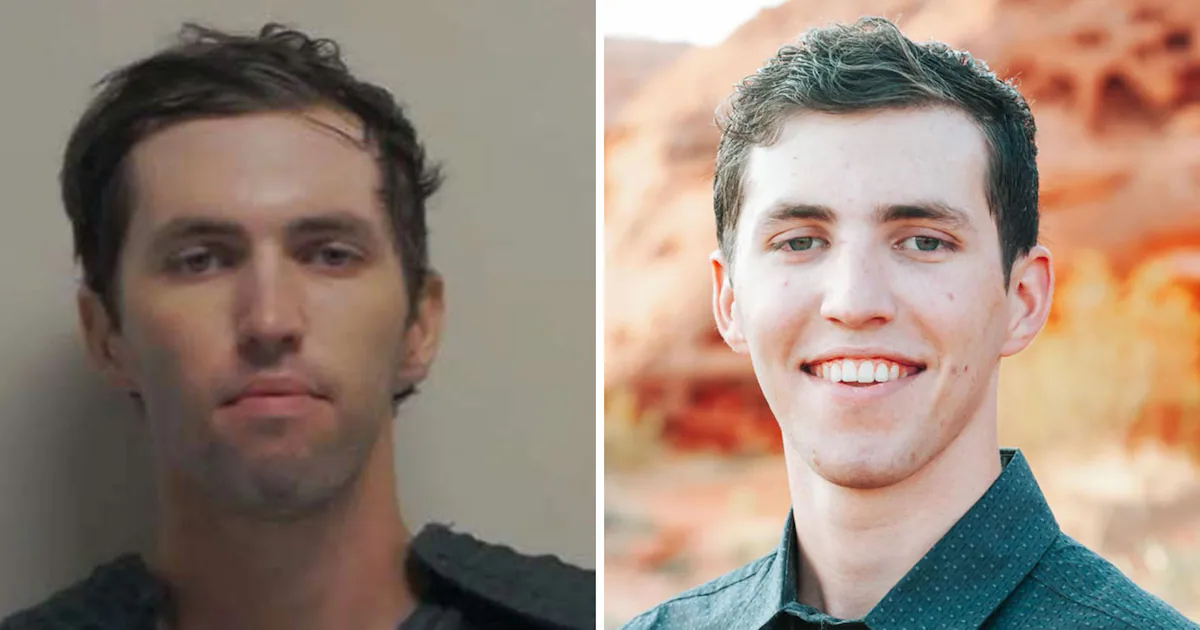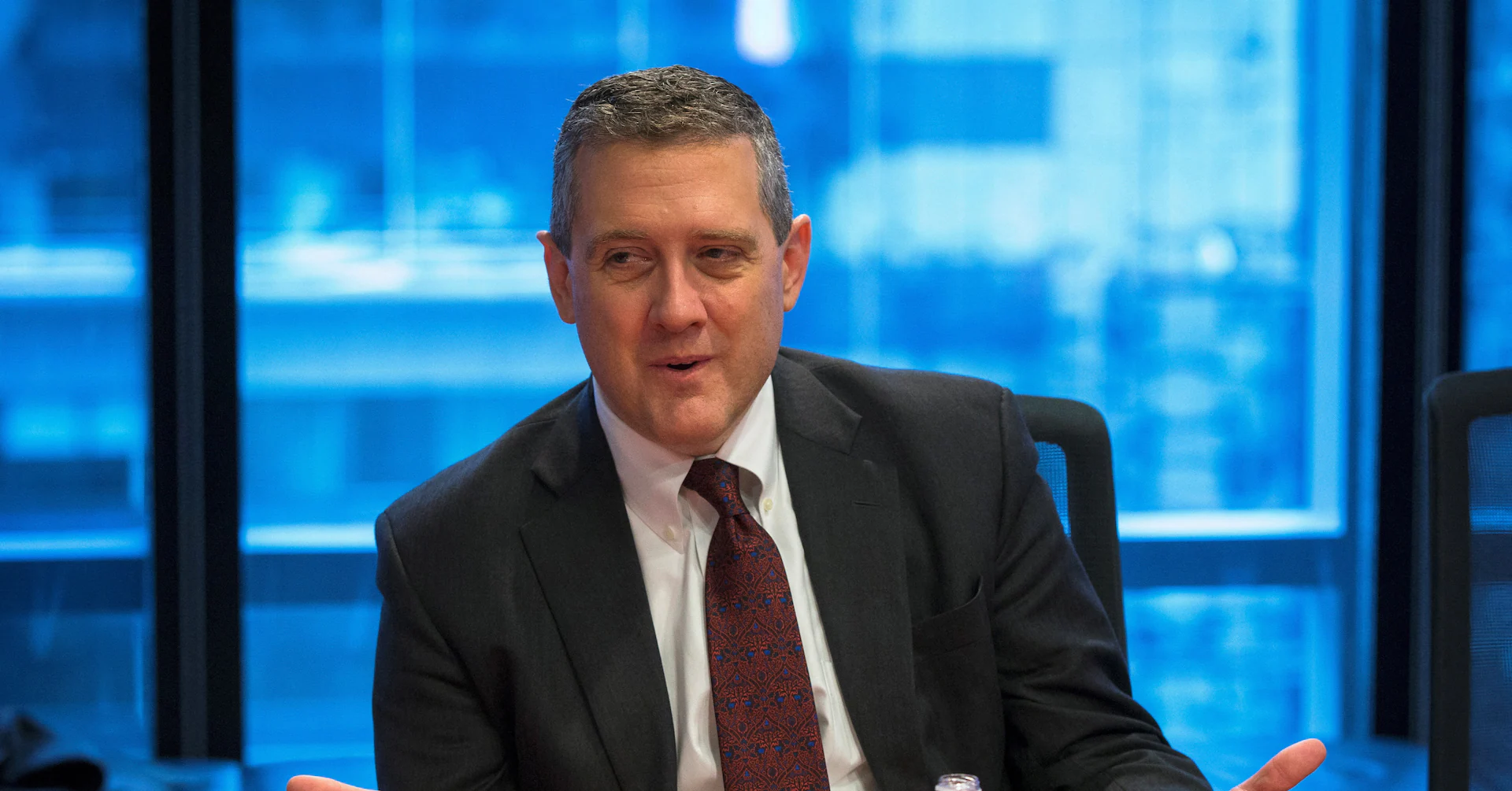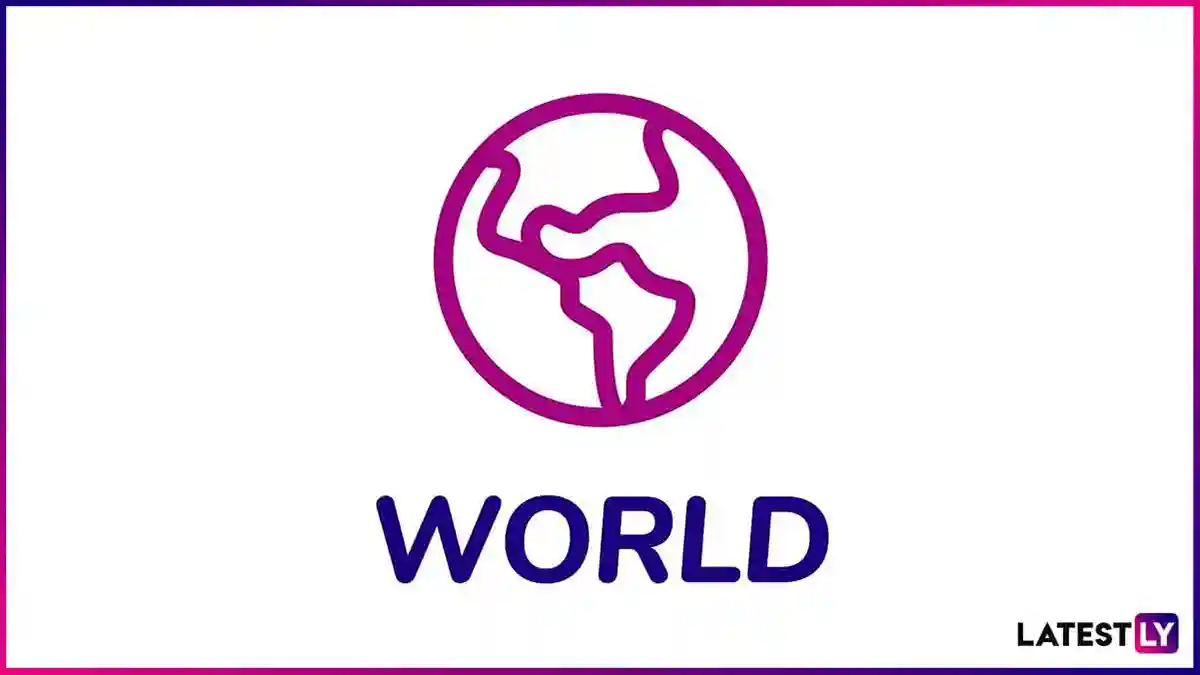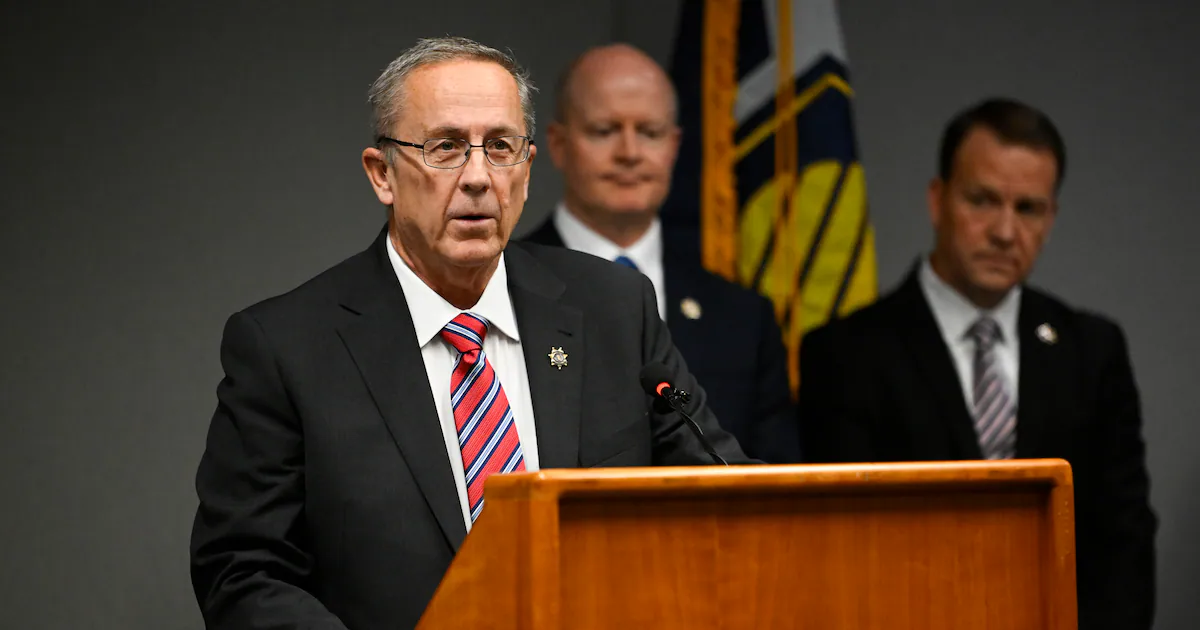By Gia Chacón
Copyright ncregister
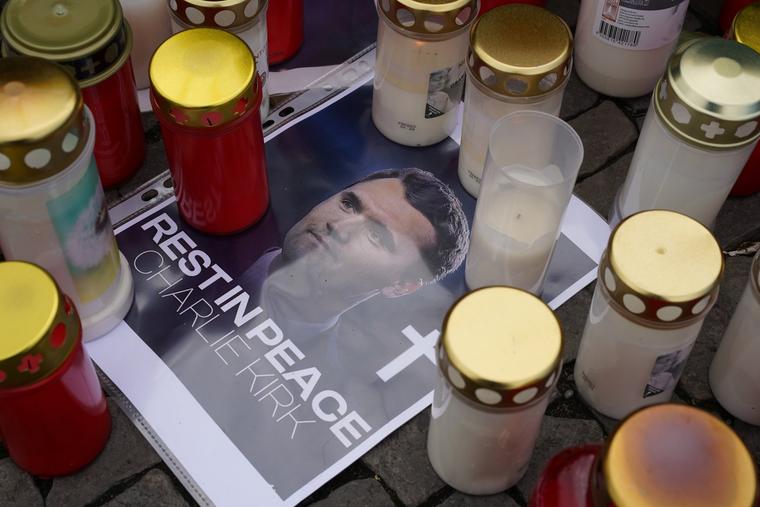
Sept. 10 has carried a shadow for a generation. In 2001, it was the last “ordinary day” before foreign terrorists attacked New York and Washington, bringing down the World Trade Center towers and killing thousands of Americans.
Sept. 11 became the day the world changed, an attack from the outside that shook our nation to its core. In the aftermath, Americans rallied together. We fought back against radical ideologies and defended the things that made this country great: freedom, faith, family and the conviction that truth is worth dying for.
On Sept. 10, 2025, America was changed again. This time, the attack came from within. Charlie Kirk, one of the most prominent leaders of our generation, was assassinated while speaking on the campus of Utah Valley University. He was not killed on a battlefield or in a foreign city. He was killed here at home, in a place meant to symbolize the free exchange of ideas: a university. His “crime” was daring to debate, to speak truth without apology, to refuse to bow to the lies of our age.
The contrast could not be sharper. On Sept. 11, 2001, foreign terrorists attacked us from the outside. Towers fell, but Americans stood together, united against the radical ideologies that sought to destroy us. On Sept. 10, 2025, Kirk’s killing exposed the threat in our own midst. The difference between those two September days tells the story of how far we have unraveled as a nation.
Much will be said about Kirk’s career, and all of it will be true. He founded one of the most influential youth organizations in modern American politics before the age of 20. He became a voice to millions. He helped shape a generation of conservatives. But none of that captures the man himself.
Charlie was magnetic. He could walk into a room and shift its atmosphere. He was generous with his time, with his encouragement, with his belief in people before they believed in themselves. And he was kind, a quality that rarely made headlines but defined him to those who knew him best. Fierce in public and remarkably attentive to those around him, he was that rare combination: a once-in-a-generation leader.
I know this because he impacted me personally. By 2018, I had begun to involve myself in politics alongside my work in the Church. In 2019, his organization, Turning Point USA, reached out. At that time, I was still finding my way in that new space. Charlie and Turning Point gave me the bridge and the connections that brought me into the political arena in a more serious and sustained way. A year later, on Sept. 10, 2020, I shared a stage with him at one of my first major political events at Liberty University. That date, now bound forever to his death, marked a turning point in my life. Charlie’s influence did not change my mission, but it shaped how I carried it.
And I know I am not alone. This was Charlie’s gift. He didn’t just build organizations; he built people. He gave a generation the confidence to bring their convictions into the public square, unashamed of faith and unafraid of truth. What he did for me, he did for many. The tragedy of his death is felt not only as a personal loss, but as a generational one.
In 2001, America was attacked by a radical ideology from abroad. Nineteen men armed with nothing but hatred and fanaticism brought our towers down. Yet in the aftermath, Americans of every background rallied together. We remembered what made this country great: freedom, faith, and the belief that truth was worth defending. Our enemies wanted to divide us, but instead we stood shoulder to shoulder to protect the foundations of our nation.
How far we have fallen.
Two days ago, Charlie Kirk was assassinated. Not by foreign terrorists, but here at home. And for what? For debating. For standing in the public square and refusing to conform to the lies of our age. Twenty-four years ago, we united to confront radical ideologies that threatened us from the outside. Today, a radical ideology within our own borders has grown so poisonous that it demands silence through bloodshed.
This is the unraveling of a nation. Not in one sudden collapse, but in the slow corrosion of our shared moral foundation. We once knew that truth was worth defending together. Now, we kill those who dare to speak it aloud.
As a Catholic, I cannot look at Charlie’s assassination and stop at grief. Grief alone becomes despair. Our faith teaches that suffering, even when it seems senseless, can bear fruit. Tertullian wrote, “The blood of the martyrs is the seed of the Church.” Charlie was not a martyr in the technical sense, but his life and his death will not be wasted. His legacy and voice will shape generations to come.
St. Paul reminds us that we wrestle not against flesh and blood, but against principalities and powers (Ephesians 6:12). The hand that pulled the trigger is not the only enemy. The deeper enemy is the spirit of hatred and despair that has corroded our public life. And the only cure is renewal: of families, of communities, of our moral foundation, of faith. Without virtue, freedom cannot survive. Without truth, freedom is an illusion. And without God, no nation can stand.
On Sept. 10, 2025, America lost Charlie Kirk. We lost a leader. We lost a friend. A wife lost her husband, and two young children lost their father. But what he lived for cannot be silenced by violence. The unity that once rose from the rubble of 9/11 has given way to suspicion and division, yet his life reminds us what must be rebuilt. His death is a warning of how far we have strayed, but it is also a summons: to live with the courage he exemplified, to speak truth without fear, to bring faith into public life without apology.
That is the answer Charlie’s life demands of us. And it is the only answer that can save this nation.
